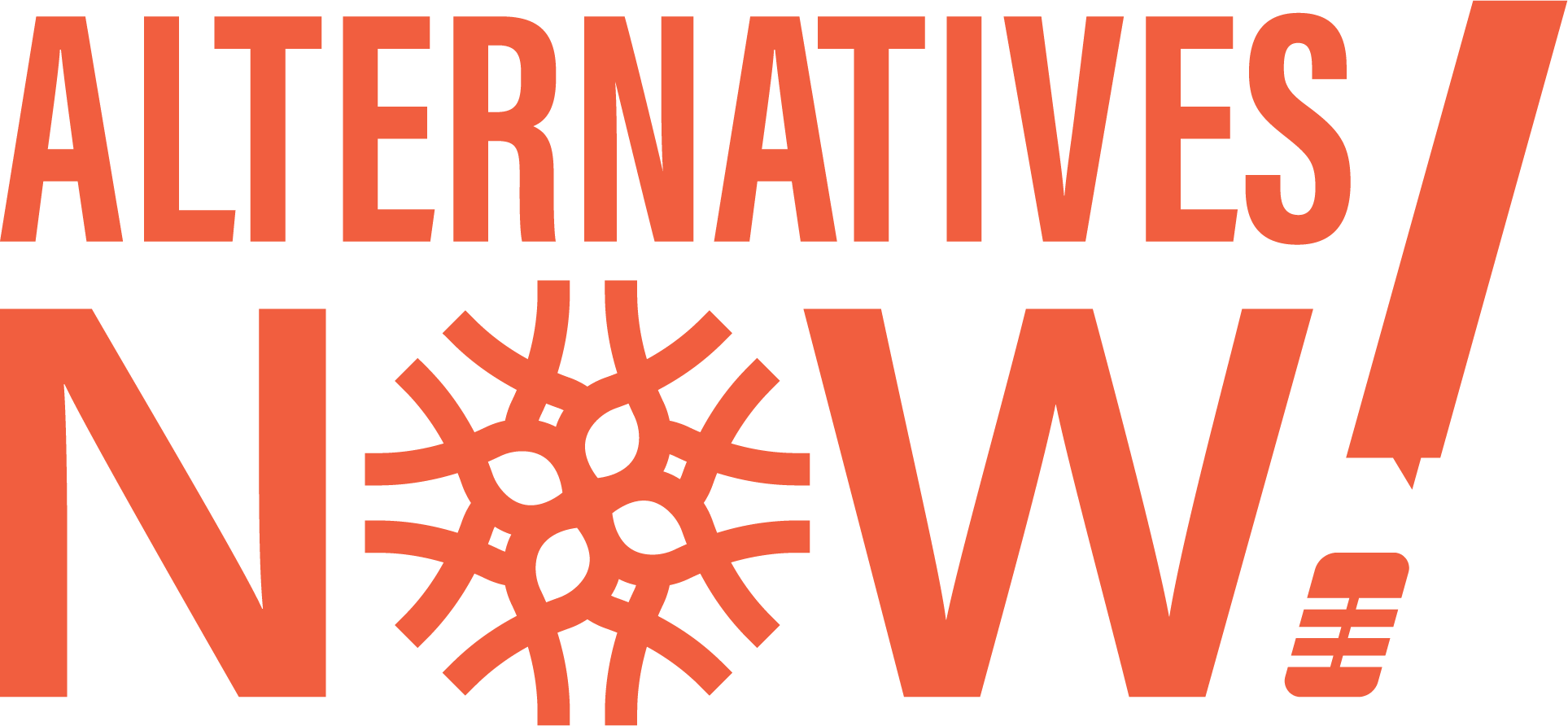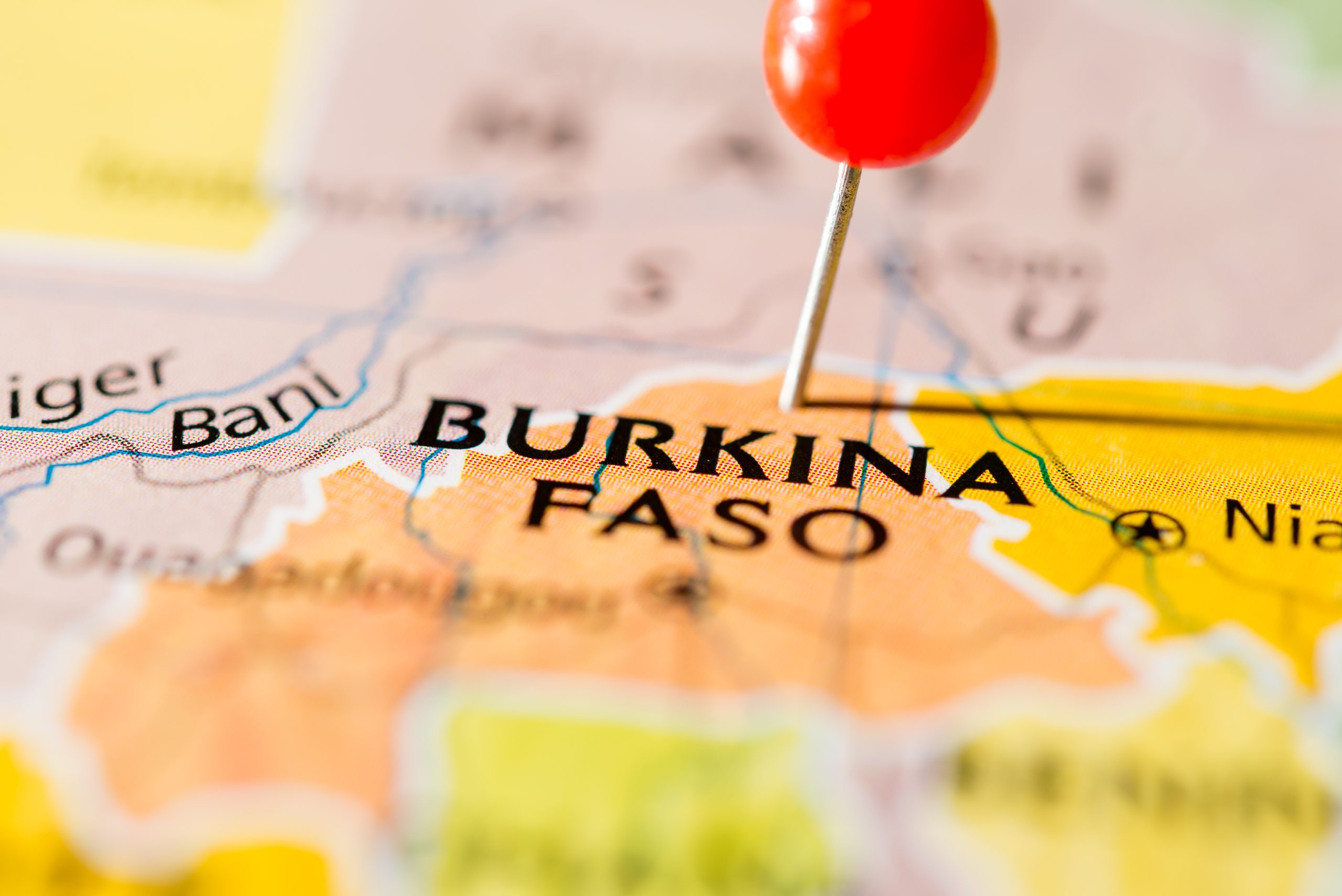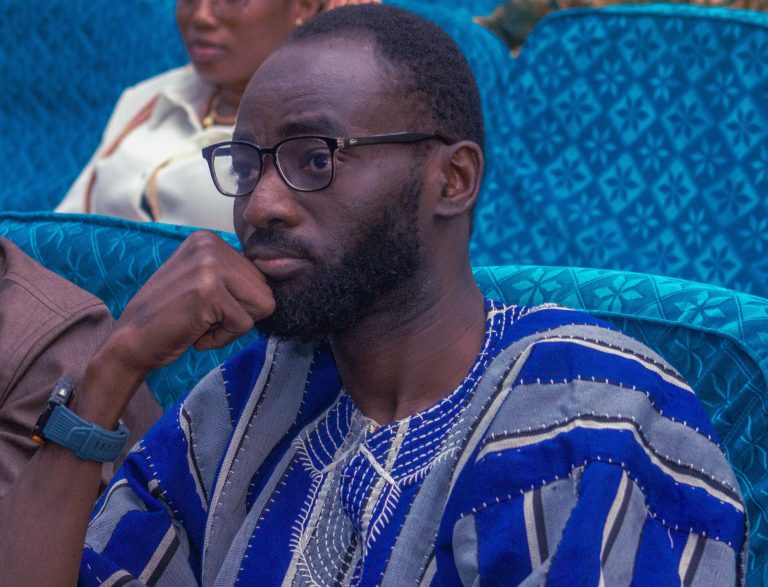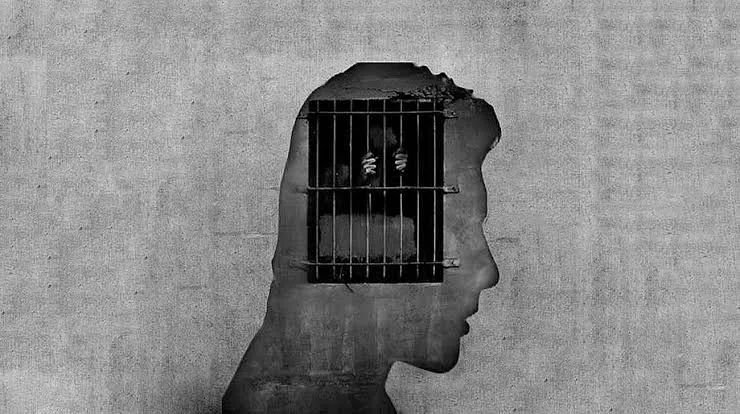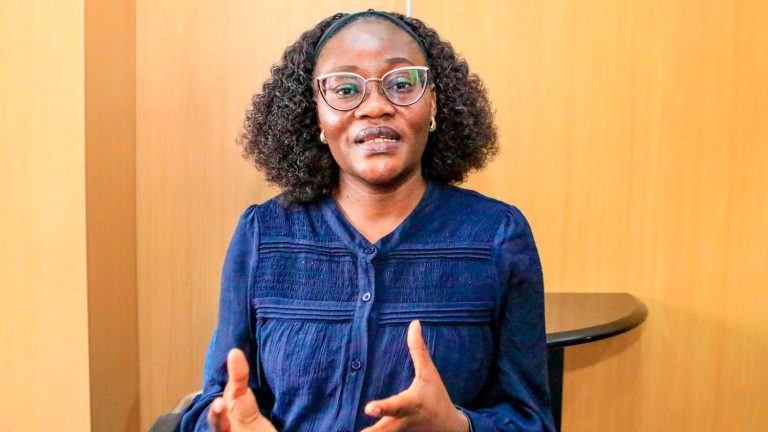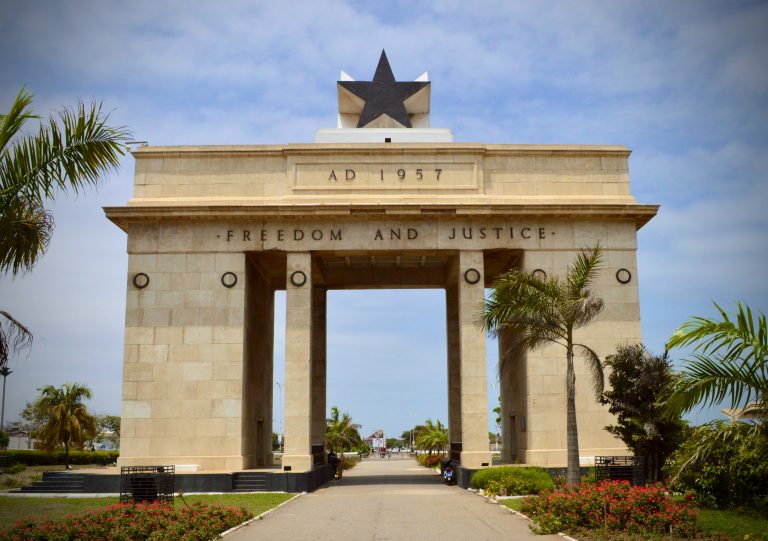Local Solutions or New Threats?
The Use of Vigilante Groups in Counterterrorism
Vigilante groups in West Africa began to appear more frequently in the early 2000s, especially in countries where state security forces could not effectively respond to rising threats. In many rural and conflict-affected areas, governments lacked the resources or presence to protect citizens. This gap led to the rise of informal security groups. For instance, in Nigeria, vigilante groups like the Civilian Joint Task Force (CJTF) were formed to support the military against Boko Haram. Similarly, in Mali, Dozo hunters became self-defense militias protecting ethnic communities during ongoing conflicts (ICG, 2020).
In these countries, vigilantes often help to police communities, track criminals, and in some cases, defend villages. However, while they have supported local security, they have also been accused of human rights abuses, ethnic violence, and working outside the law. It could be argued that these vigilante groups help states by filling the security gap, especially in areas where state forces are absent or ineffective. They know the local environment, speak local languages, and can identify outsiders or threats quickly. In some cases, like Nigeria and Burkina Faso, they have been essential in resisting terrorist attacks or banditry. Nevertheless, these groups also pose serious threats due to lack of training, oversight, legitimacy and sometimes, abuse of power. They can carry out revenge killings, target specific ethnic groups, or act violently. In 2022, the regime launched a campaign to recruit 50,000 new VDPs, demonstrating that it views them as essential partners in the fight against terrorism (Al Jazeera, 2022)
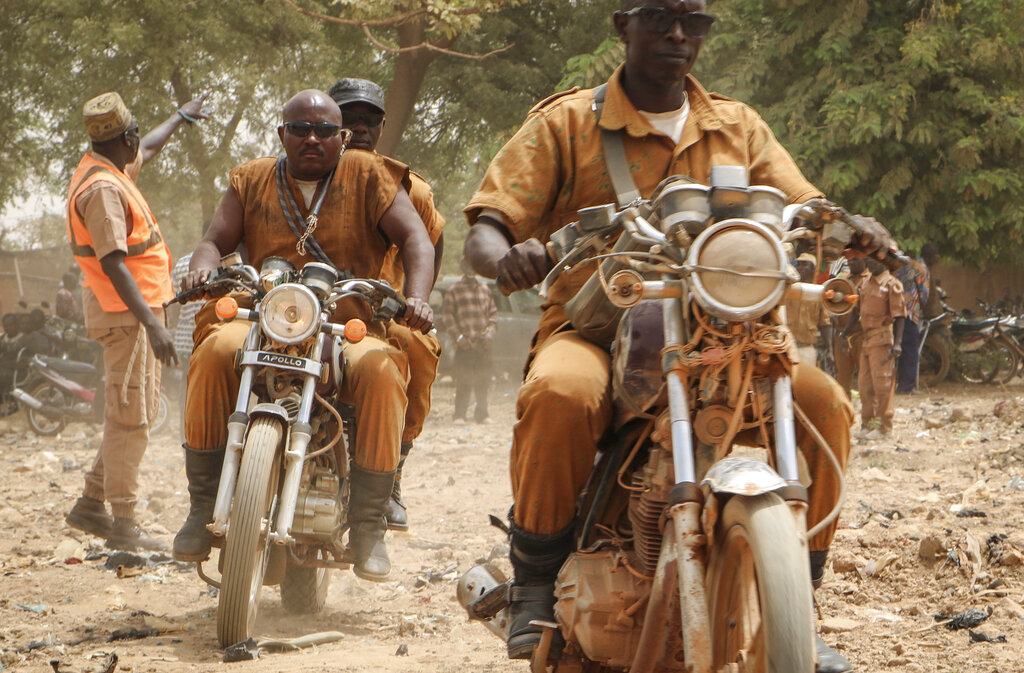
Currently, the VDPs (Volunteers for the Defense of the Homeland) in Burkina Faso are better trained, well-armed, and often work alongside the national army. According to (ICG,2023), The military government has given the VDPs respect and support, especially in both rural and urban communities where many people back their efforts. In some areas, they have helped push back terrorist groups by protecting villages, monitoring enemy movements, and serving as a first line of defense in hard-to-reach places. They also help reduce the army’s burden by handling local security tasks. (ICG, 2023). However, their efforts have not fully stopped the violence. Terrorist attacks continue, and some regions remain under the control of armed groups. There have also been reports of serious human rights abuses. For example, in April 2023, more than 150 civilians were killed in the village of Karma. According to witnesses, soldiers and VDPs carried out the killings, targeting Fulani communities believed to be supporting terrorists (Amnesty International, 2023).
The VDPs are currently supporting the military government in combating terrorism. However, if they become too powerful, or feel neglected or mistreated, they could eventually turn against the state and pose a serious threat. Growing ethnic tensions could also lead to conflict between different groups. Some VDP leaders might try to become warlords or form their own militias. Similar situations have happened in countries like Libya and Mali, where armed groups became so strong that they challenged the government.
To prevent vigilante groups from becoming a danger in Burkina Faso and other West African countries, the government should take several steps. First, there must be clear rules on how vigilantes operate, what weapons they are allowed to use, and who monitors their actions. Second, they should be trained not only in combat, but also in respecting human rights and treating everyone fairly, regardless of ethnicity. Third, they should work closely with local leaders and communities to serve and protect, not to dominate. Fourth, when peace returns, the government should collect their weapons and help them reintegrate into society. Fifth, human rights organizations and journalists should be allowed to report freely on any abuses. Lastly, governments should focus on building strong national armies and police forces instead of relying too heavily on vigilantes.
In conclusion, while vigilante groups like the Volunteers for the Defense of the Homeland (VDP) have played a key role in supporting the fight against terrorism in Burkina Faso, their growing power, lack of oversight, and involvement in human rights abuses reveal a deeper risk. The state is indeed using them to counter immediate threats, but at the same time, it is unintentionally creating new and potentially more dangerous ones. Without proper legal regulation, community integration, and long-term disarmament plans, these groups could one day challenge the very state they were formed to protect. Thus, vigilante groups are both a temporary solution and a looming threat. A double-edged sword that must be handled with extreme care.
Fakhat Seidu is an intern at the Centre for Alternative Politics and Security- West Africa (CAPSWA). She recently graduated from the University of Ghana where she studied political Science and theatre arts. Her interests are in governance, community resilience, and conflict prevention and these have inspired her research and professional aspirations in conflict and African diplomacy.
